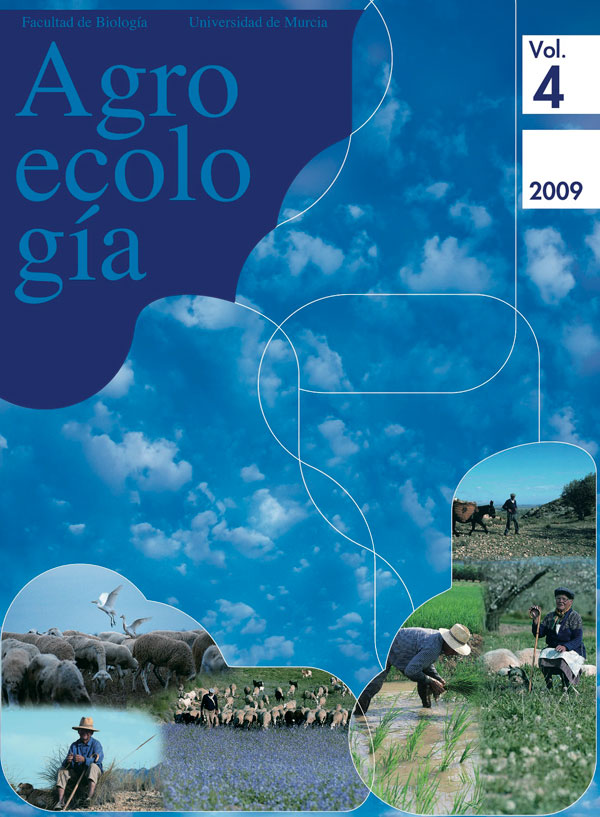Agrofuels and agrifoods: counting the externalities facing the first crossroads at the
Abstract
The economically successful model of industrial agriculture that is currently expanding throughout Argentina is leading by other hand, to deep social, economic, environmental and logistical changes that are seriously restricting the sustainability of the rural, urban and environmental systems. The transformation of activities, the arrival of new technologies, the arrival of organizations with large financial and technological capabilities, the displacement of hundreds of thousands of small and medium farmers and their reallocation to new productive functions are not only impacting the social sustainability of the rural sector, but are affecting the urban communal plots of villages and towns located on the Chacopampeana Plain. Agrofuels in terms of a response of the country to the international global demand, are a new issue that only will promote the ecological and social depletion that Argentina is facing from the beginning of the nineties. Agrofuels production has been rising in the last ten years at a high rate. Argentina, as part of the big crop producers is being seen with a great potential to contribute with high volumes of biofuels. In terms of ecological economics point of view, those costs called “externalities”, must to be included in the accounts of the companies.Downloads
Las obras que se publican en esta revista están sujetas a los siguientes términos:
1. El Servicio de Publicaciones de la Universidad de Murcia (la editorial) conserva los derechos patrimoniales (copyright) de las obras publicadas, y favorece y permite la reutilización de las mismas bajo la licencia de uso indicada en el punto 2.
2. Las obras se publican en la edición electrónica de la revista bajo una licencia Creative Commons Reconocimiento-NoComercial-SinObraDerivada 3.0 España (texto legal). Se pueden copiar, usar, difundir, transmitir y exponer públicamente, siempre que: i) se cite la autoría y la fuente original de su publicación (revista, editorial y URL de la obra); ii) no se usen para fines comerciales; iii) se mencione la existencia y especificaciones de esta licencia de uso.
3. Condiciones de auto-archivo. Se permite y se anima a los autores a difundir electrónicamente las versiones pre-print (versión antes de ser evaluada) y/o post-print (versión evaluada y aceptada para su publicación) de sus obras antes de su publicación, ya que favorece su circulación y difusión más temprana y con ello un posible aumento en su citación y alcance entre la comunidad académica. Color RoMEO: verde.





